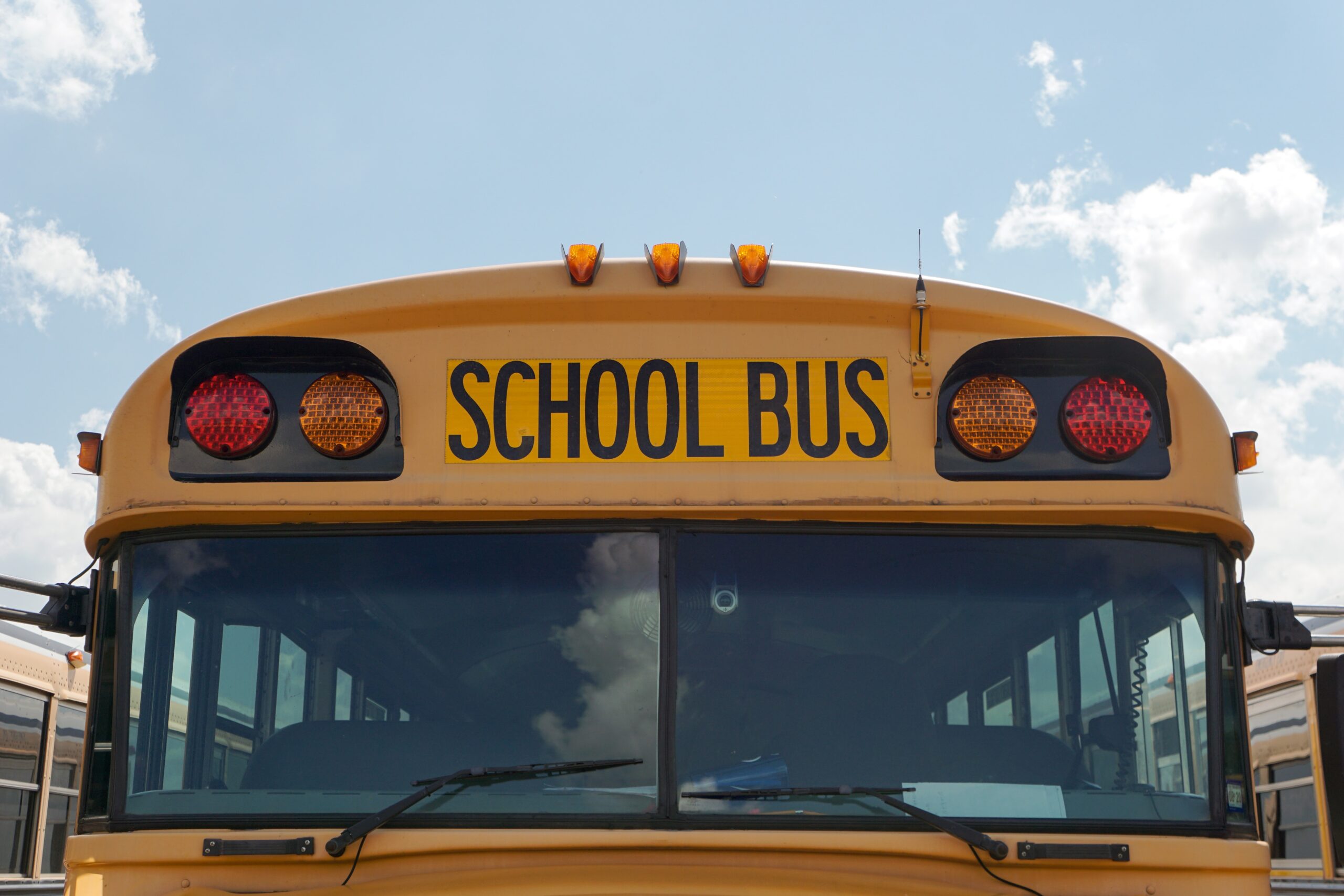What do you remember most about school? Was it English, Math, Science? Was it the experiences you had while in school—the projects, the plays, the games, the field trips? Or was it the relationships you had with your teachers? As adults, we often say, “I need to get away and recharge my batteries,” and there’s truth to it. Sometimes students need to get away from the high-stress, high-stakes testing environment to recharge their batteries. Some might say, “We can’t afford to lose instructional time for field trips; we have to raise student achievement.” I say you cannot afford not to, and you need to change your thinking about field trips and look at them as learning experiences that will help students grow and increase their achievement.
Schools in transformation cannot only be focused on student academics. While that is important, it is equally important to provide meaningful learning for students through academic and leisure experiences. A study by the NEA (Benefits, 2021) found that regardless of gender, ethnicity, or socioeconomic status, youths who take educational trips have better grades (59%), higher graduation rates from high school (95%) and college (63%), and greater income (12% annually). In fact, 89% of survey respondents said educational trips had a positive, lasting impact on their education and careers because the trips made them more engaged, intellectually curious, and interested in and out of school.
In urban schools, many students have not traveled outside the boundaries of their community, which makes their worlds small, but the community each child lives in is an incredible resource for expanding their world—if we look close enough. As a leader, I made it my goal to provide students with experiences outside the community, to expose them to experiences that expanded their horizons. In the cities where students live, there are people and places they can access that cannot be duplicated by the Internet or in the classroom.
We also had simple experiences that made a huge impact on the students’ social and emotional growth. While working in Michigan, I learned that many students had never been to an apple orchard—nor had I, coming from the South! I shared this with the students, and we had the experience together. I reserved two buses, solicited chaperones from the staff, and together, we experienced our first trip to an apple orchard. I also accompanied my sister and her third-grade class to the apple orchard one year, and I was astonished at the number of parents who volunteered to chaperone because THEY had never been to an apple orchard. Each class of thirty students had ten parent chaperones. Sometimes we provided the experience for the family as well.
We began by exploring the city, outside of the community in which they lived—the downtown area, the beach, the opera, movie theaters, museums, sports arenas—baseball, basketball, and football games—school sporting events, and college/university visits. Then we explored state attractions, tri-county attractions, and even provided some students opportunities to travel abroad. Any time I could take students on a bus to experience something outside the community, we were there.
One time, while working in Detroit, we mistakenly ended up in Canada when the bus made a wrong turn. The students were super-excited, and I shared that we had now explored international territory. We had to go through Customs at the border, then they let us turn around. Many of the students had never even been to the southwest part of Detroit, so it was a double experience for them. The School District in Detroit made field experiences a part of the curriculum. Every student would have a field experience to the local museums within the city before they left fifth grade. They called it Passport to Learning.
Students began to see the things they saw on TV in real life. They began to see a world of possibilities outside of their community. It gave students an opportunity to experience things outside the classroom they would not have otherwise. This field trip may also be the first trip students take without their parents, so it helps build independence. Researchers from Explorableplaces.com state, “A field trip is one of the best tools we can use to provide every student with real-world experiences. Whether that’s a trip to the local grocery store, waterfront park, a library, a museum, a theater, a community garden or a restaurant, each experience a student participates in contributes to their understanding of the world. Each experience solidifies learning and supports important academic concepts.”





0 Comments